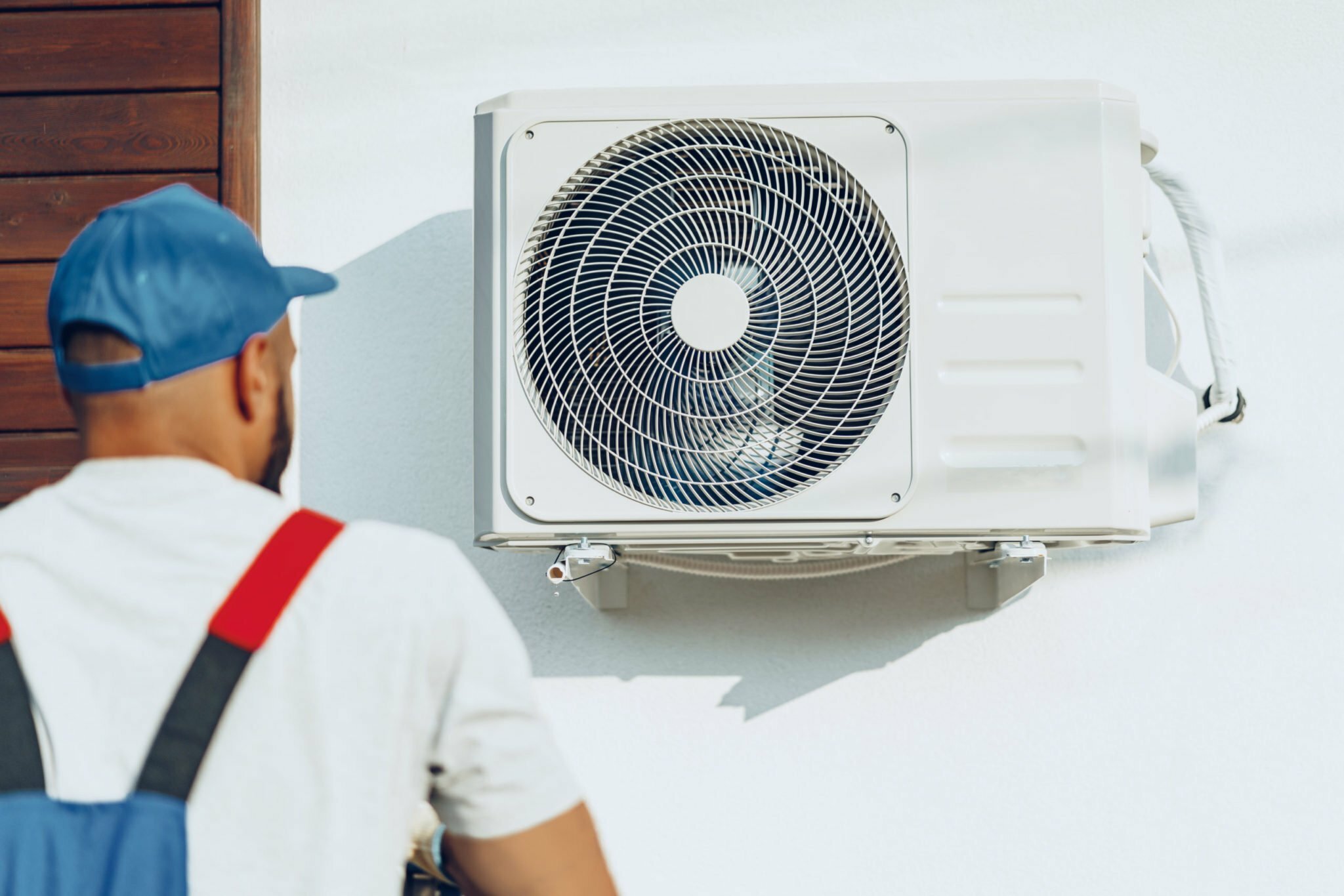How long should ac cycle last – As the question of how long AC cycles should last takes center stage, this guide delves into the intricacies of AC unit lifespans, providing valuable insights for homeowners seeking to optimize their cooling systems.
From understanding the average lifespan of an AC unit to recognizing signs of aging and implementing effective maintenance strategies, this comprehensive guide empowers readers with the knowledge they need to extend the longevity of their AC systems and ensure optimal comfort.
How Long Should an AC Cycle Last?

The average lifespan of an air conditioning unit is between 10 to 15 years. However, several factors can affect the lifespan of an AC unit, including usage, maintenance, and climate.
Usage
- Frequent use can shorten the lifespan of an AC unit.
- Running an AC unit for long periods without breaks can put stress on the compressor and other components.
Maintenance
- Regular maintenance is essential for extending the lifespan of an AC unit.
- This includes cleaning the coils, changing the filter, and checking the refrigerant levels.
Climate
- The climate in which an AC unit is used can also affect its lifespan.
- Units used in hot, humid climates tend to have a shorter lifespan than those used in cooler, drier climates.
Signs of an Aging AC Unit
As your AC unit ages, it will start to show signs of wear and tear. Recognizing these signs and taking appropriate action can help you extend the life of your unit and avoid costly repairs.
Common Signs
* Reduced cooling efficiency:Your AC unit may not be able to cool your home as effectively as it used to.
If you’re a fitness enthusiast who loves cycling, you may be wondering how to pair your Apple Watch to Zwift. It’s a straightforward process that allows you to track your workouts and progress. And speaking of workouts, if you’re looking for a way to organize your tools and equipment in your garage or workshop, French cleats are a great option.
They’re surprisingly strong, but how much weight can french cleat hold? Check out the link below for more information.
how much weight can french cleat hold
Increased noise
Your AC unit may start to make more noise than usual.
Higher energy bills
Your AC unit may be using more energy to cool your home.
Frequent repairs
Your AC unit may need more frequent repairs as it ages.
Unusual odors
Your AC unit may start to emit unusual odors.
Importance of Recognizing Signs, How long should ac cycle last
Ignoring the signs of an aging AC unit can lead to more serious problems. Your unit may break down completely, leaving you without cool air during the hot summer months. You may also end up paying more for repairs if you wait too long to address the issue.
If you’re an avid cyclist, you might be interested in using your Apple Watch to track your progress on Zwift, a popular indoor cycling app. Pairing your Apple Watch to Zwift is a straightforward process, and you can find detailed instructions here.
Additionally, if you’re a DIY enthusiast, you might be wondering how much weight french cleats can hold. French cleats are a versatile and durable solution for hanging shelves and other items, and you can learn more about their weight capacity here.
Maintenance Tips to Extend AC Lifespan
:max_bytes(150000):strip_icc()/what-is-an-irregular-period-1959924_final-52123064a2144e9d967a80a49cb615c5.jpg)
Regular maintenance is crucial for extending the lifespan of your AC unit and ensuring its efficient operation. By adhering to a comprehensive maintenance schedule, you can prevent costly repairs, improve indoor air quality, and reduce energy consumption, ultimately saving you money in the long run.
Regular Cleaning and Inspection
Maintaining the cleanliness of your AC unit is paramount. Regularly clean the outdoor condenser coils, fins, and fan blades to remove dirt, debris, and leaves that can obstruct airflow and reduce cooling efficiency. Additionally, inspect the indoor evaporator coil and air filter monthly, cleaning or replacing them as needed to prevent dust and mold accumulation.
Refrigerant Level Check
Refrigerant is vital for the cooling process in your AC unit. Over time, refrigerant levels can decrease due to leaks or normal wear and tear. A professional HVAC technician should check the refrigerant levels annually and recharge the system if necessary.
Maintaining optimal refrigerant levels ensures efficient cooling and prevents premature compressor failure.
Electrical Connections Inspection
Loose or faulty electrical connections can lead to malfunctions and safety hazards. Regularly inspect all electrical connections, including wires, terminals, and capacitors, for signs of corrosion, damage, or loose fittings. Tighten any loose connections and replace damaged components to ensure safe and reliable operation.
Ductwork Inspection and Cleaning
Ducts are responsible for distributing cooled air throughout your home. Over time, ducts can accumulate dust, dirt, and debris, restricting airflow and reducing cooling efficiency. Schedule regular duct inspections and cleaning to maintain optimal airflow and prevent mold growth.
When to Replace an AC Unit
Deciding whether to repair or replace your AC unit can be a tough call. Here are some factors to consider:
- Age of the unit:AC units typically last 10-15 years. If your unit is approaching or has exceeded this age, it may be time for a replacement.
- Repair history:If your unit has required frequent repairs in recent years, it may be more cost-effective to replace it.
- Energy efficiency:Newer AC units are more energy-efficient than older models. Replacing an older unit with a newer, more efficient model can save you money on your energy bills.
- Refrigerant type:Older AC units use R-22 refrigerant, which is being phased out due to its environmental impact. If your unit uses R-22, you may need to replace it soon.
Here’s a table outlining the pros and cons of repairing vs. replacing your AC unit:
| Option | Pros | Cons |
|---|---|---|
| Repair |
|
|
| Replace |
|
|
Choosing a New AC Unit: How Long Should Ac Cycle Last
When choosing a new AC unit, several factors need consideration to ensure you select the most suitable and efficient option for your home.
Types of AC Units
Different types of AC units vary in efficiency ratings, features, and costs. Here’s a table comparing the main types:
| Type | Efficiency Rating | Features | Cost |
|---|---|---|---|
| Central AC | Up to 20 SEER | Cools entire home, high efficiency, requires ductwork | $3,000-$10,000 |
| Window AC | Up to 15 SEER | Cools single room, easy to install, less efficient | $200-$500 |
| Portable AC | Up to 14 SEER | Cools single room, easy to move, less efficient than window AC | $300-$800 |
| Ductless Mini-Split | Up to 30 SEER | Cools specific zones, high efficiency, no ductwork required | $2,000-$6,000 per unit |
Conclusion

In conclusion, understanding how long AC cycles should last is crucial for homeowners seeking to maintain a comfortable indoor environment while maximizing energy efficiency and minimizing repair costs. By adhering to regular maintenance practices, recognizing signs of aging, and making informed decisions regarding repairs or replacements, homeowners can ensure that their AC units operate at peak performance for years to come.
Expert Answers
How often should I service my AC unit?
Regular servicing every 6-12 months is recommended to maintain optimal performance and prevent premature breakdowns.
What are the signs of an aging AC unit?
Reduced cooling capacity, increased noise levels, frequent repairs, and higher energy consumption are common indicators of an aging AC unit.
When should I consider replacing my AC unit?
If repairs become frequent and costly, or if the unit is over 10-15 years old and experiencing significant performance issues, replacement may be the best option.
